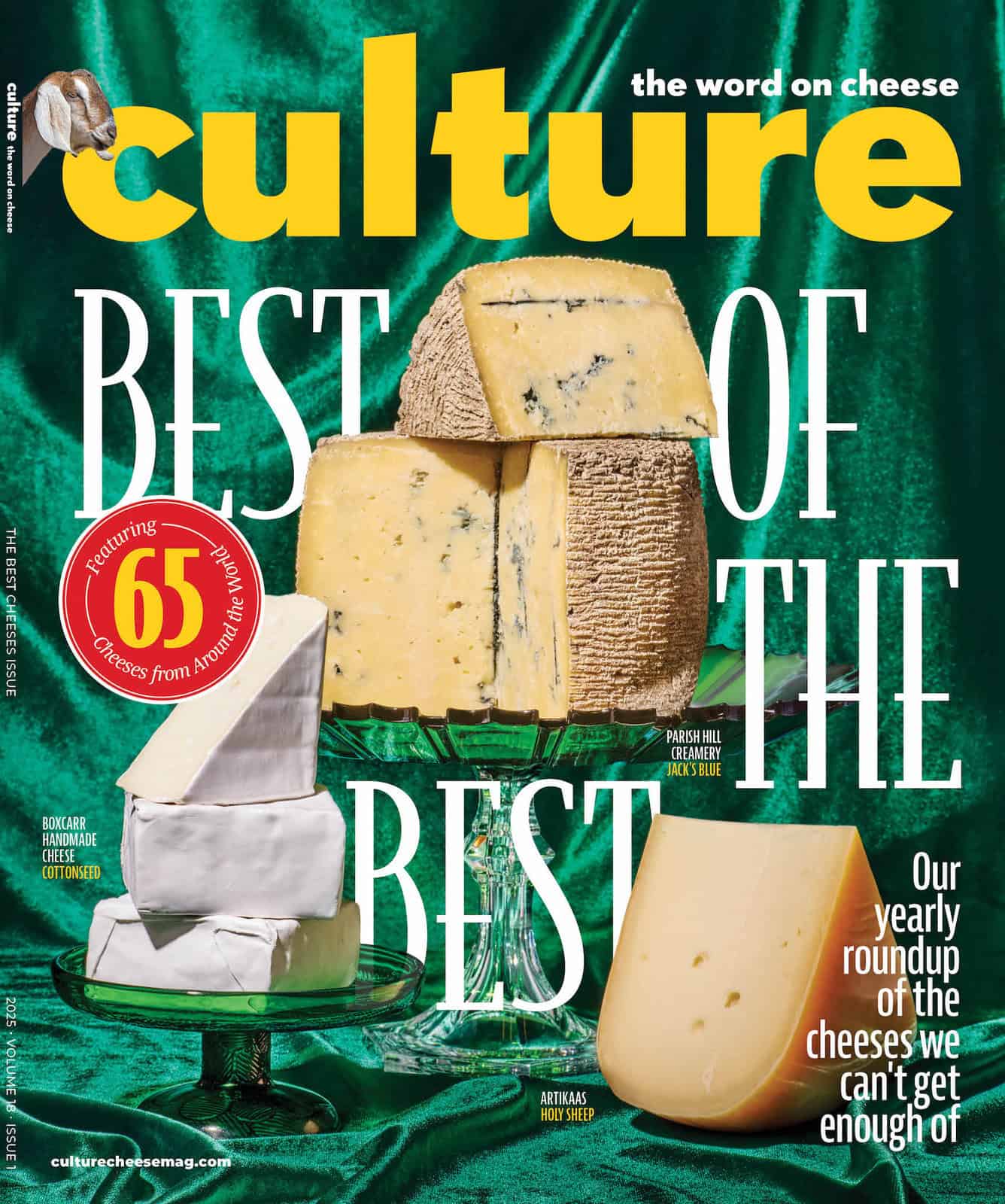
In this blog series, registered dietitian Marissa Donovan gives you the scoop on the latest nutrition science surrounding cheese. From the farm to the store and to your kitchen, she’s got you covered on what you need to know about cheese and your health. Check out previous posts on lactose intolerance, navigating the milk aisle, how much cheese is too much, cheese and diabetes, and vegan cheese. Read on to learn more!
Chances are, unless you work in food and nutrition (or have a passion for reading about food regulations), the food label “natural” doesn’t mean what you think it does, and you are not alone. A Consumer Reports survey of 1,000 U.S. adults last year found that most don’t know what “natural” actually means—two-thirds thought it meant that a processed food had no genetically modified organisms (GMOs), artificial ingredients, or pesticides,which isn’t necessarily true.
Because of a surge in consumer desire for more simplistic, farm-to-table-type food, food manufacturers have been slapping words like “natural,” “all natural,” and “made with natural ingredients” on all sorts of food. Unfortunately, these terms currently don’t mean a whole lot because qualifying as “natural” and the like is not a very rigorous process.
“The FDA has considered the term ‘natural’ to mean that nothing artificial or synthetic (including all color additives regardless of source) has been included in, or has been added to, a food that would not normally be expected to be in that food,” according to the FDA website.
The issue with this guidance is that it does not address how food is made (including pesticide use), how food is processed (including thermal technologies, irradiation, and pasteurization), and the nutritional value of the food itself. And not only that, but the FDA does not even have a formal definition of the term “natural,” so even these parameters are more like suggestions as to how producers should use the term rather than hard-and-fast official rules.
As of last week, the FDA has requested comments regarding the definition of the word “natural” as it applies to food. This decision came following many public petitions urging the FDA to define (or remove) this term on food labels.
If you eat food (so, all of you), I encourage you to be aware of the rules and regulations surrounding food packaging so you won’t be duped by clever marketing. If you have an opinion on the issue of “natural” labeling, I urge you to make a comment during this 90-day comment period (November 12, 2015 through February 10, 2016).
Specifically, the FDA is asking for information and public comment on questions such as:
- Is appropriate to define the term “natural”
- If so, how should the agency define “natural”?
- How should the agency determine appropriate use of the term on food labels?
Feature Photo Credit:“Natural Stamp” by Astudio | Shutterstock



